Ever tried sewing with metallic threads and struggled with breakages and tension problems? It doesn’t need to be that way because metallic thread technology has come a long way, and we’re here to share some easy tips on how to make these dazzling threads run through your machine like magic. Just follow these easy steps and you too can add metallic threads to your sewing arsenal!
We’re going to tackle something a lot of people have struggled with: sewing with metallic threads. These threads can be intimidating to some people who have had a bad experience with them in the past, and we’re here to tell you that doesn’t need to be the case. Keep these simple steps in mind and you’ll be stitching with metallics stress-free!
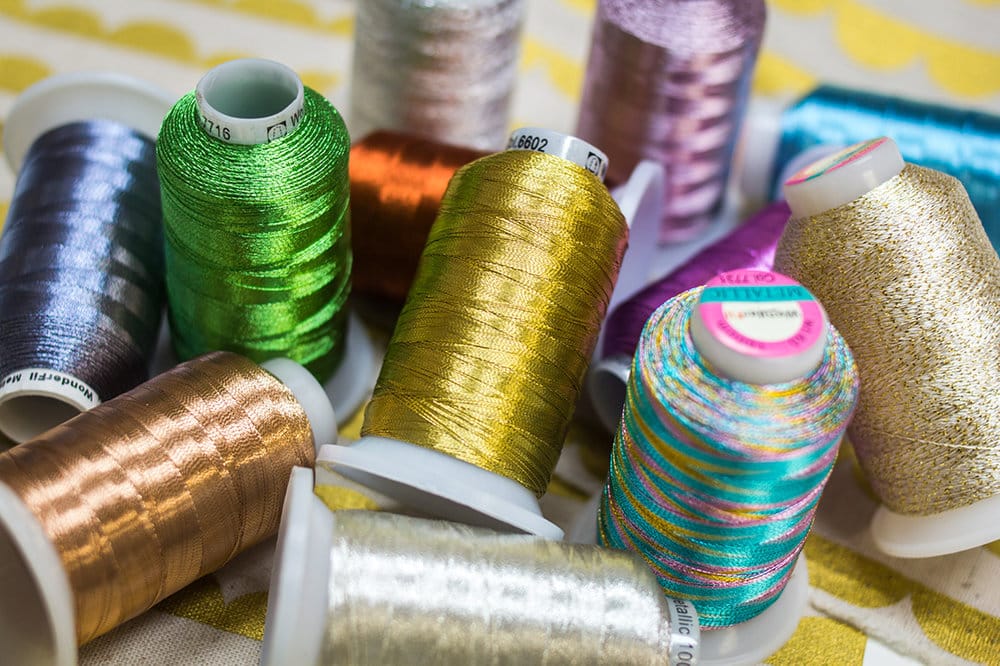
First off, not every metallic thread is made the same. You’ll always want to use a high quality metallic thread, which will make all the difference when sewing with it. A lot of companies use a polyester core in their metallic threads because they think polyester is stronger.
However, polyester will also stretch more, so when the thread runs through all those bends in the machine, it will pull and stretch and increase the likelihood of it breaking. A stretchy core also means that when the thread is stitched out, it will stretch away from the metallic foil wrapped on top, exposing a white core which will show in an ugly way in your stitching.
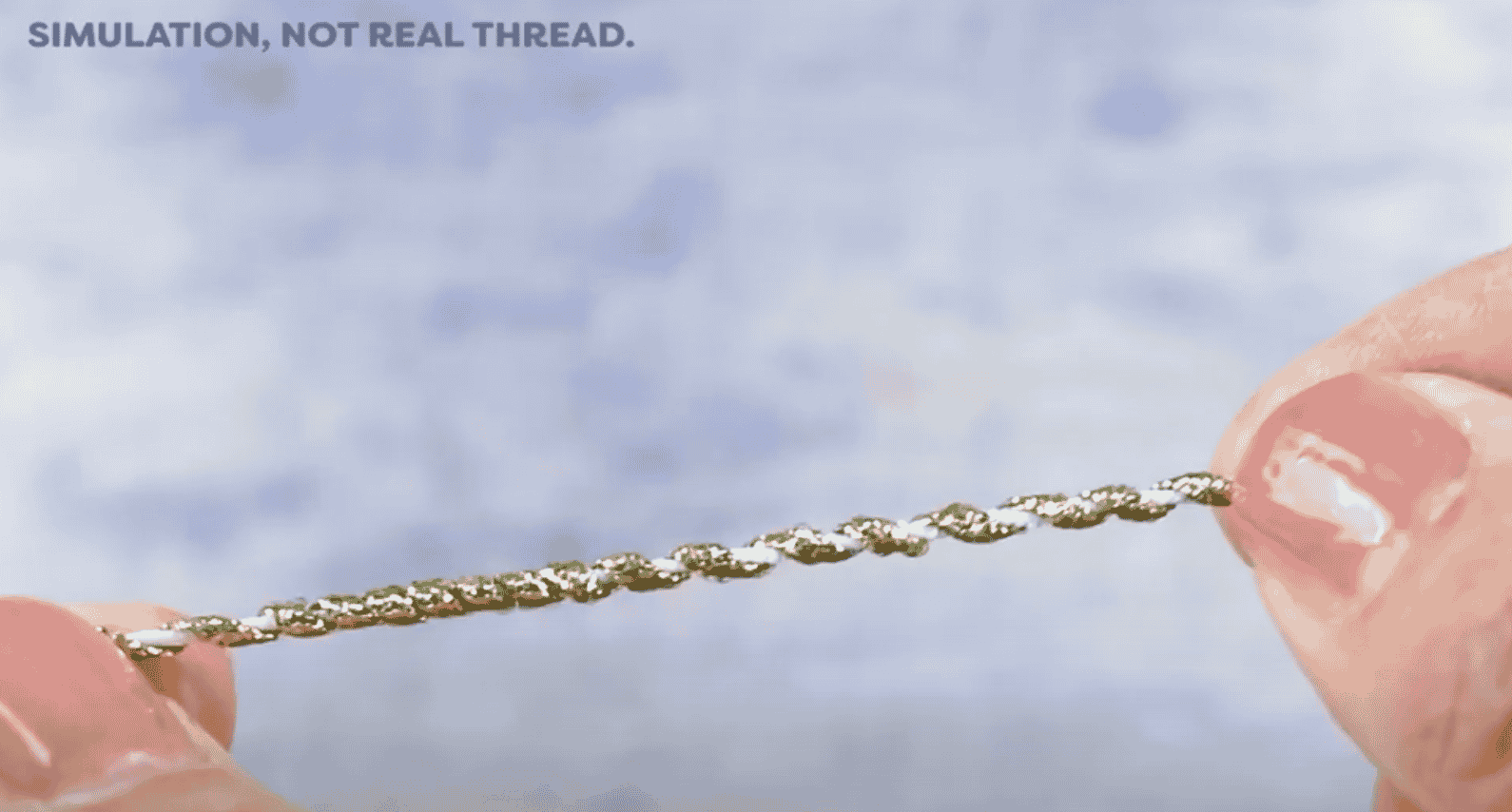
WonderFil uses a rayon core in its Spotlite metallic threads, which has no stretch to it, which greatly reduces the likelihood of it breaking. It also means the core won’t stretch away from the foil in your stitching, so your stitches will look the way it’s intended to.
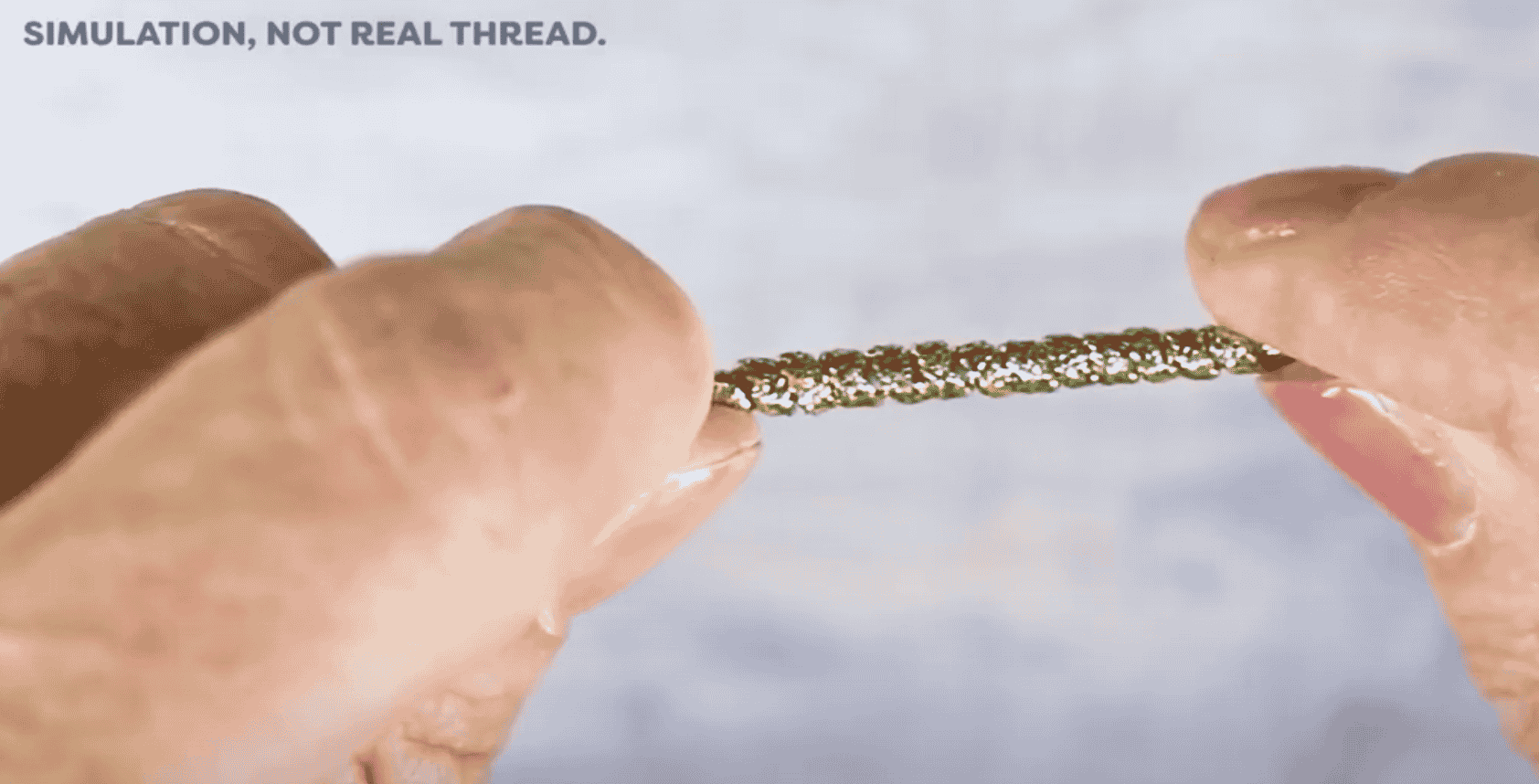
Now one of the most important things to do when sewing with a metallic thread is to use the correct bobbin thread. We strongly recommend a lighter weight bobbin thread such as DecoBob 80wt, and you’ll want to choose something like this because it won’t fight for tension with the metallic in the top. A lighter bobbin thread will always give way to the top thread, and it will also greatly reduce the bulk in your stitching so your needle won’t be pushing through more material. This will make a huge difference when sewing with a metallic thread.
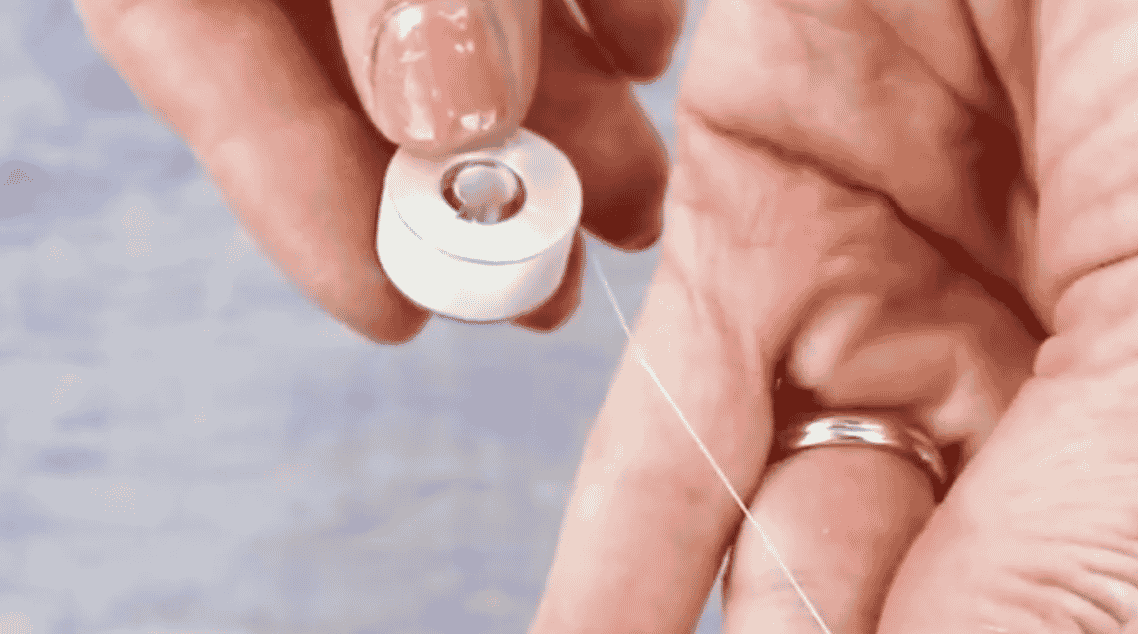
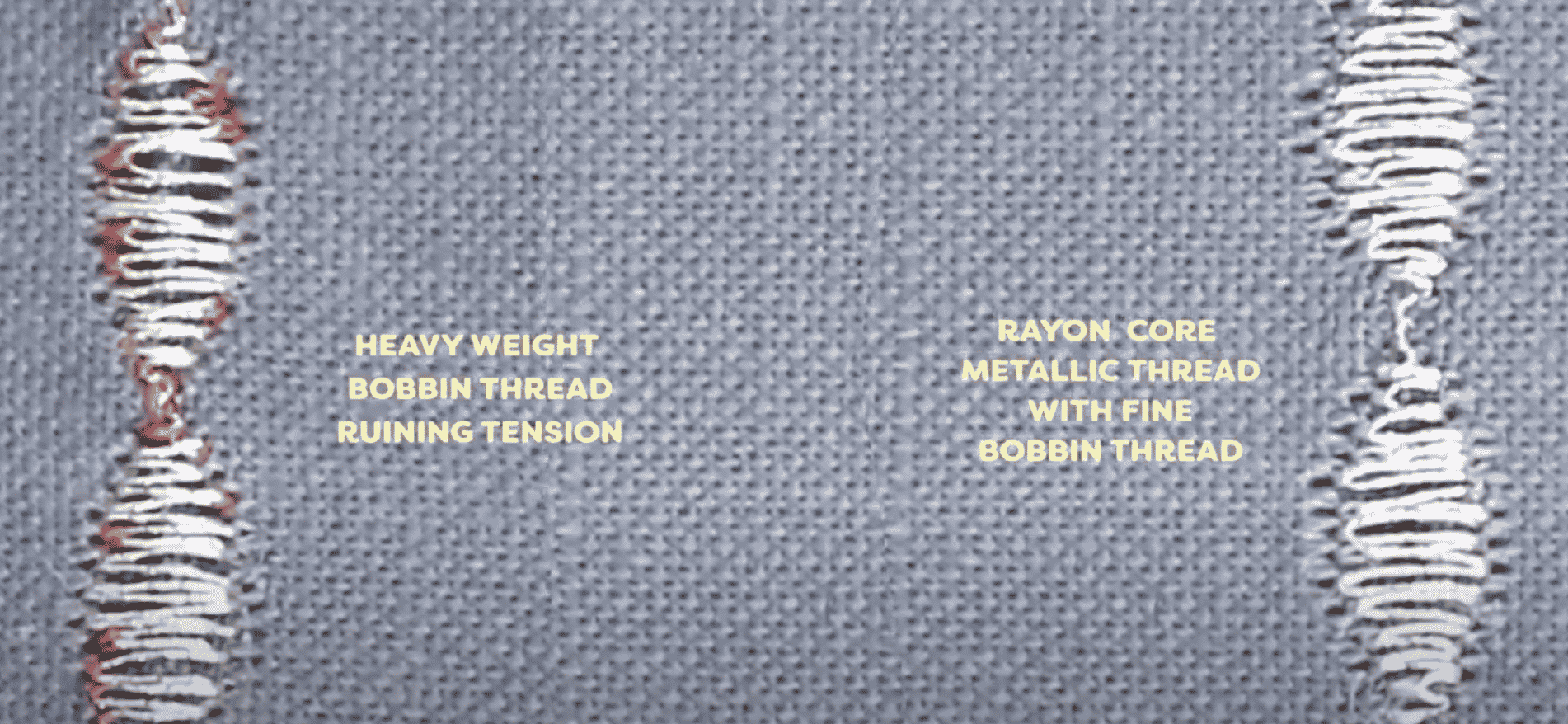
The next thing you’ll want to keep in mind is which needle you’re using. If you’re sewing on a domestic machine or embroidery machine, use a 90/14 topstitch needle or a 90/14 metallic needle. If you’re using it on a longarm, use a size 16 needle. Always make sure when starting a project that you have a new needle in your machine, as even a small burr in the eye or a dull needle can cause a lot of grief.
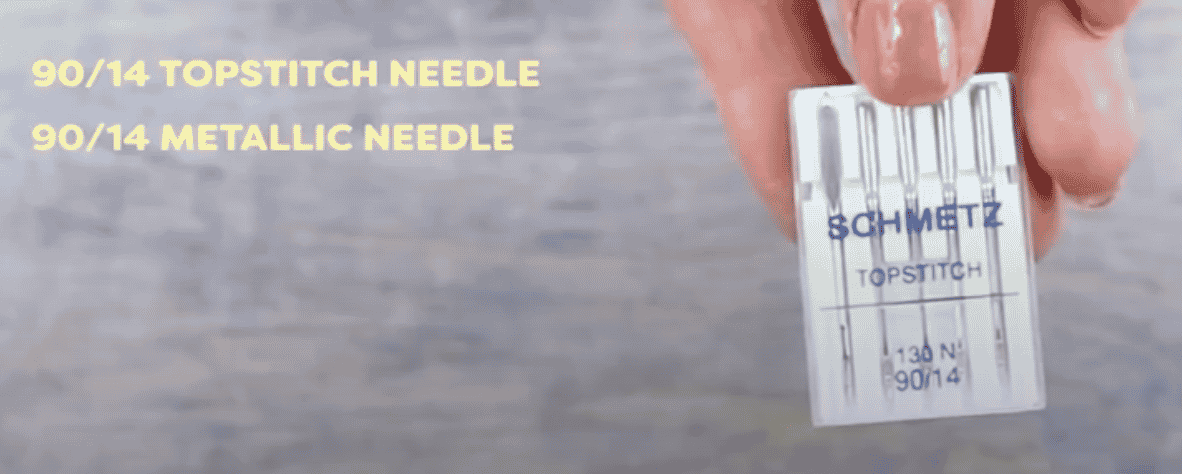
Now these next steps aren’t necessary to run a metallic thread, but they will make your life easier. Metallic threads tend to carry more memory, meaning they’ll curl up on themselves a little. If the thread enters your machine this way it can cause tangling and thread breakages. A thread stand like the Thread Tamer has an attachment with multiple slots at the top where you can weave your thread through, which will help pull those little knots and curls out before it has a chance to enter your machine.
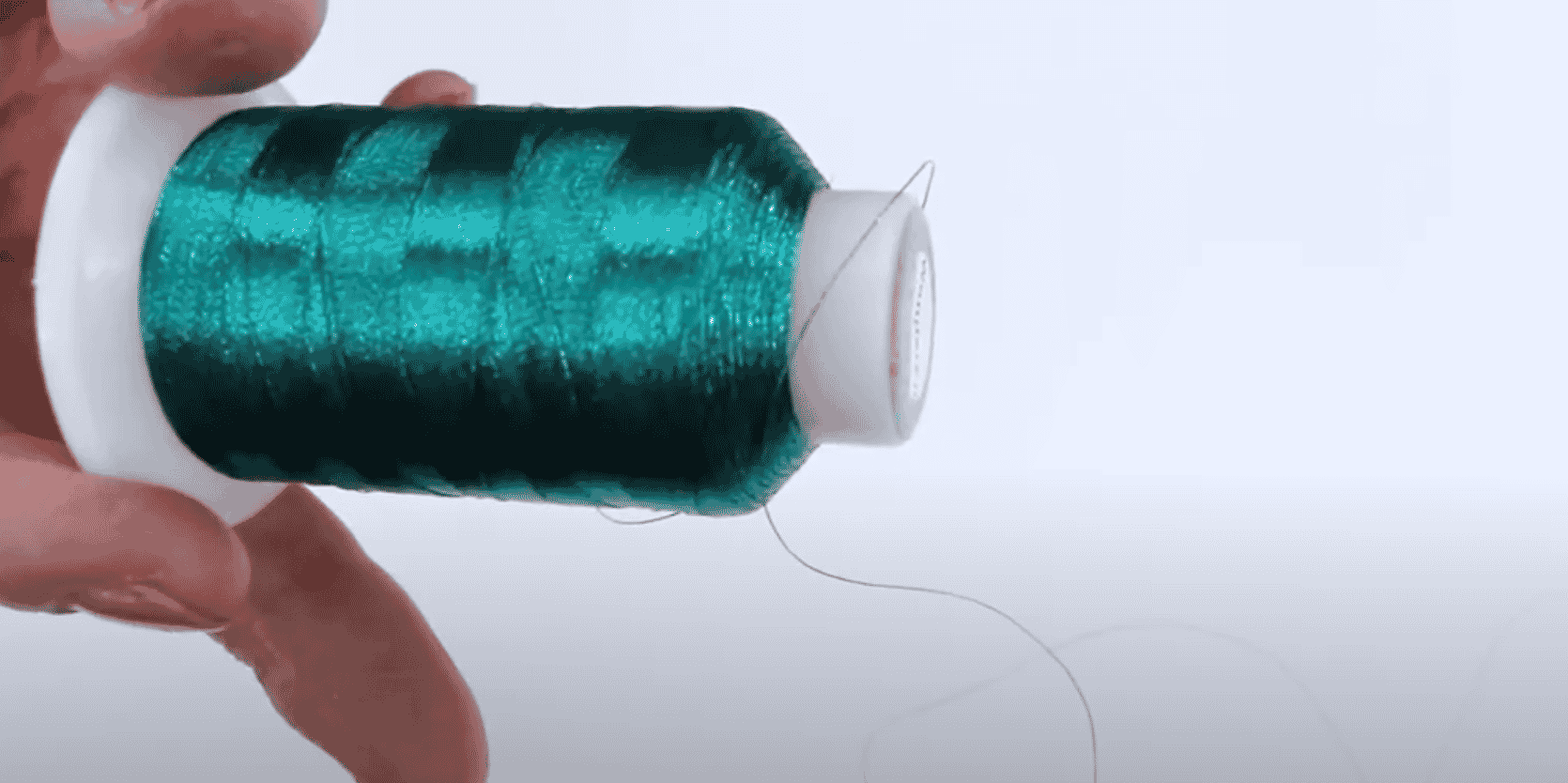
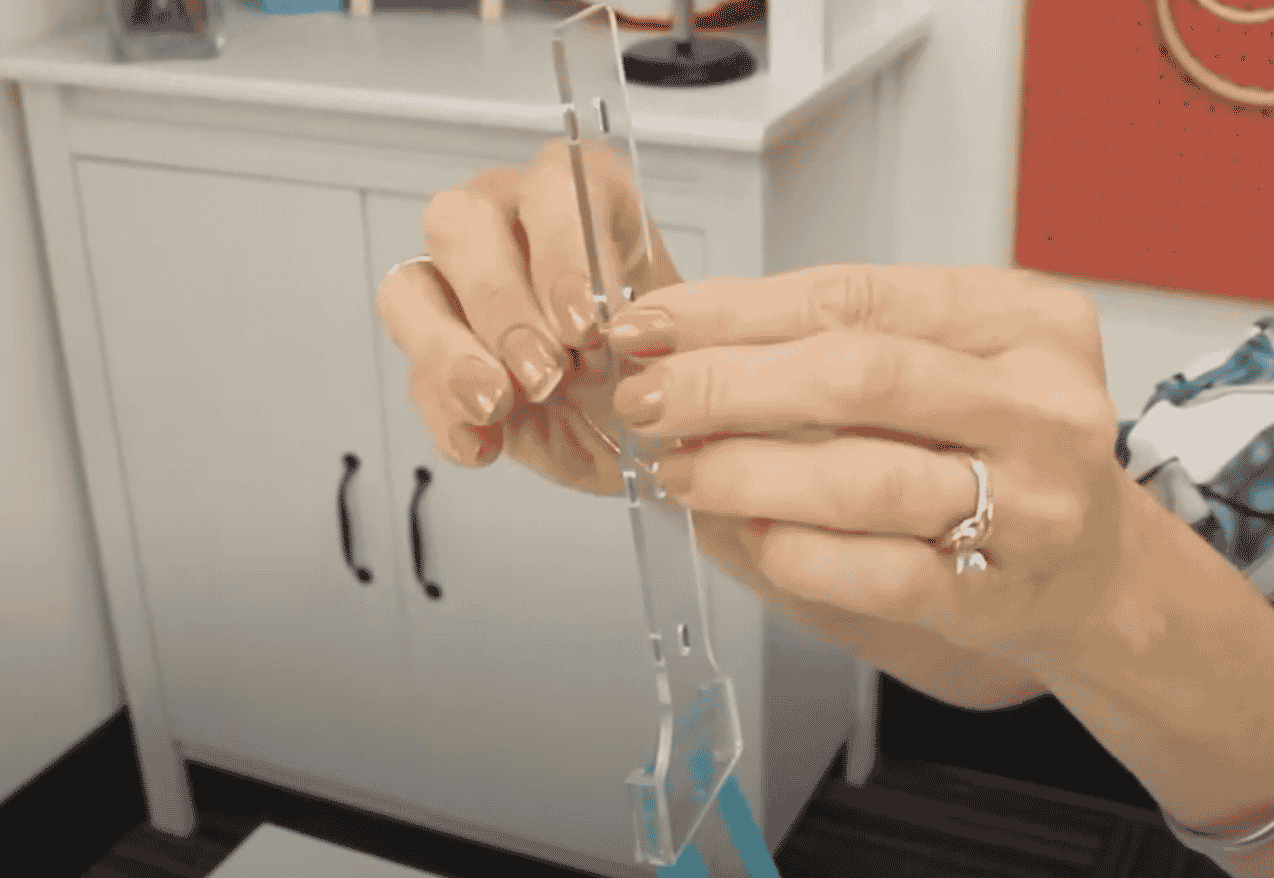
If you do not own a thread stand with this attachment, you can put your thread in a large cup or bowl behind your machine, which will give the thread a chance to relax before it enters your machine. However, a thread stand will still do a better job of this.
Finally, you can use a Wonder Guard thread guard to additionally help pull those little curls out of the metallic thread and keep it from sliding around the spool as it comes off. The Wonder Guard is a wrap that clings to itself, which you can place snugly but not tightly around the metallic spool. Unlike a thread net which clings tightly against the spool and can change your tension, the Wonder Guard will sit over top the thread so it won’t change the tension at all.
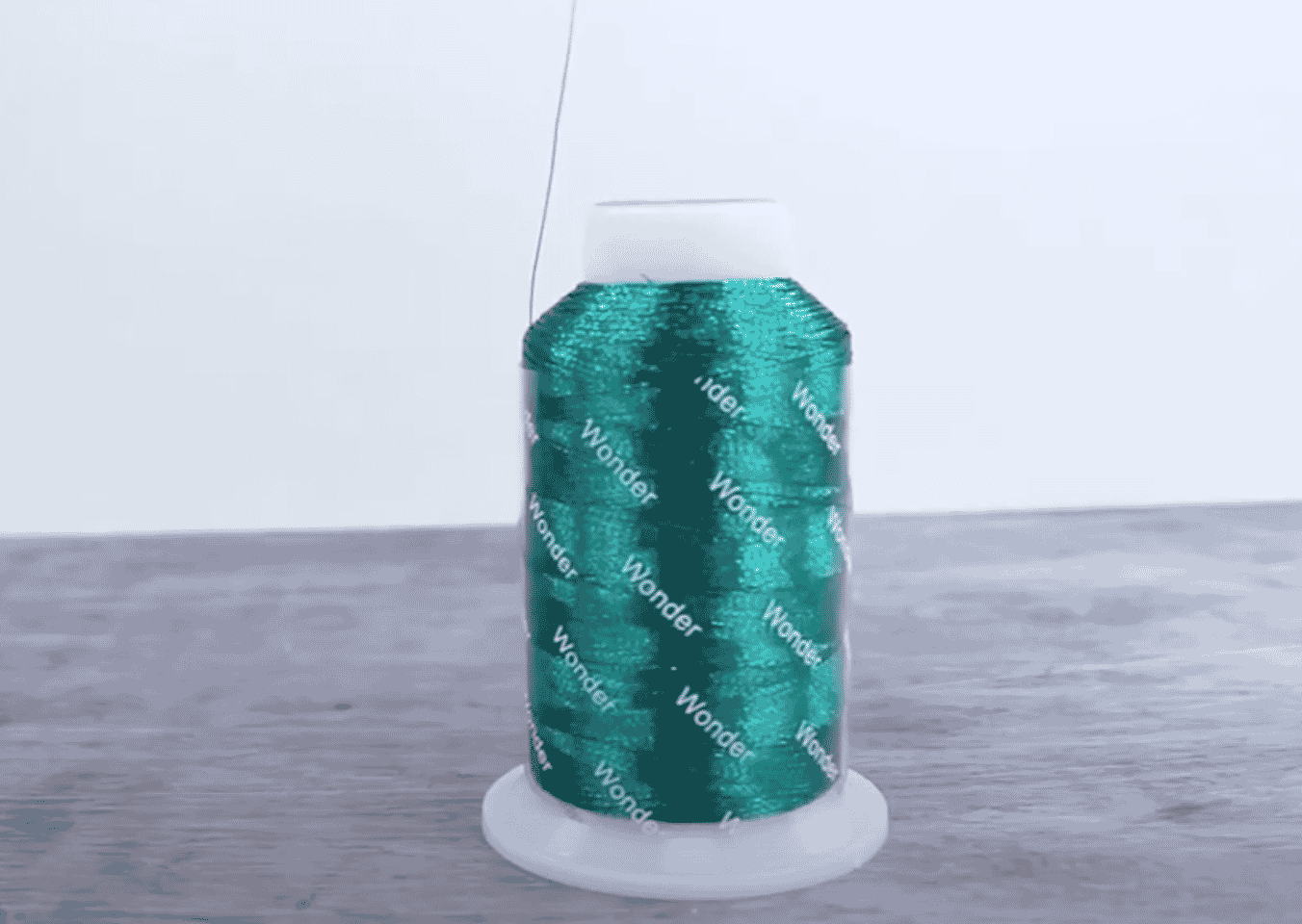
By following these few simple steps, you can use metallic threads to embellish any kind of project. These threads are stunning to look at, so add them to your sewing arsenal without the headache.
We hope you were able to learn something from this video and can feel more confident and comfortable when working with metallic threads. If you still have any questions, feel free to ask us in the comment section below!

